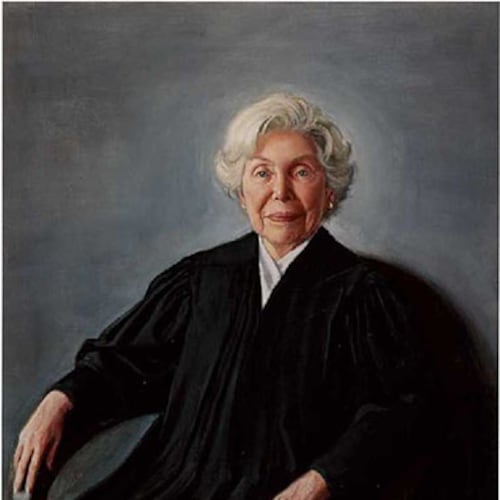Local street artists and city officials are negotiating a resolution of a recent lawsuit that seeks to put a halt to Atlanta's increased regulation and enforcement of murals on private property.
On Friday, the city also said it has no plans to paint over existing artwork. In recent notifications, the city had threatened to do that if property owners and artists did not seek certifications under an "amnesty provision" under the public art ordinance. Parties were given a June 9 deadline to comply.
"The city recognizes the importance of public art and artistic expression," city spokeswoman Jenna Garland said. "The city has no plans to remove any existing art work on June 9 or any other date."
The city is negotiating a settlement of the dispute "in a manner that is favorable to all," Garland said.
The federal lawsuit, filed Tuesday, said local artists and property owners were told
Credit: Bill Rankin
Credit: Bill Rankin
to go through an onerous multi-step application process to retain artwork that already exists or face possible prosecution -- and the elimination of murals on their own property.
U.S. District Judge Amy Totenberg had set a hearing for Friday, but postponed it until July 23. According to the court's docket, both sides had informed the judge "they had engaged in discussions (regarding) a possible resolution."
Gerry Weber, one of the plaintiffs' lawyer, confirmed that his clients and the city are trying to settle the dispute. "Absent reaching a resolution sometime soon, we will press for an order to make sure all murals in the city are protected," he said.
The city has sought to find an acceptable way to regulate street art after some neighborhoods complained about murals that had painted on the exterior walls of private and public structures, without anyone's permission.
Credit: Bill Rankin
Credit: Bill Rankin
The lawsuit alleges that the public art ordinance, which has been on the city's books since 1982, is unconstitutional. The suit notes that, before painting new murals, artists must go through an arduous application process: approval from five separate city offices, including the mayor and the City Council. The public art ordinance also provides no time limits for the approval process, the suit said.
Credit: Bill Rankin
Credit: Bill Rankin
"I have seen beautiful public art appear all over our city; and I have experienced collaboration, solidarity and community engagement with artists and residents," said Campana, who is not involved in the litigation.
"The current public art ordinance is limiting," she said, "but I am confident that if artists and the city work together, we could figure out ways to both maintain creative freedom and support a shared vision of a robust public art scene in Atlanta."
About the Author
The Latest
Featured





